The mathematical benefits of board games are among the most frequently cited aspects of board game pedagogy. And for good reason—when we play games, we do a lot of counting, often tackle logic puzzles, weigh probabilities, and much more.
This is especially true for abstract two-player games—think chess in the West or Go in the East—but the world of modern board games is also rich in opportunities to develop mathematical thinking.
My personal motivation is very simple: I have an 8-year-old daughter who just finished second grade, and in the second half of the school year, I started to feel that she was beginning to lose her confidence—and along with it, her interest in math.
The second-grade material wasn't really causing her trouble yet, but she was slowing down, becoming more frustrated. So I thought: why not bring a bit more math into our board games? Let's reconnect math with lighthearted, enjoyable experiences.
And summer break is the perfect opportunity for that.
Selecting Development Areas and Board Games
The foundation of board game pedagogy is to conceal the developmental goals from our target group. We don't make them consciously aware that we're doing something in order to learn.
Depending on the context, it's possible to provide reinforcement or reflection at the end of the activity—but the core idea is to organize play sessions around specific goals while ensuring a shared, enjoyable experience.
When choosing mathematical goals, it's often helpful to simply think through which types of activities are currently causing difficulty—and then look for board games that support those areas.
For example, if a child is just beginning to learn multiplication tables and still struggling, Kingdomino is a great choice. It not only encourages multiplication practice, but also explains and illustrates how multiplication works in a visual way: you multiply the number of crowns by the size of a connected territory. In essence, multiplication is represented visually and conceptually.
At the same time, Kingdomino is a brilliantly simple, smart, and tactical game with a short playtime—it easily fits in a suitcase, making it perfect for summer vacation.
It's worth selecting 2–3 board games for each identified developmental area, so there's a broader pool—a larger pile—from which the child can freely choose. The sense of autonomy is a key motivational factor: let them feel that they are deciding, they are steering the process. This way, they'll be happy to play and spend time with us, while we, too, feel joy—since we're playing something that moves us toward our goals. Another important aspect is that we shouldn't only consider the child's perspective: a truly valuable play session can only happen if everyone is present with genuine interest and motivation.
Learn More About Board Game Pedagogy
Get to know the core principles of board game pedagogy and read our articles on the topic.
Explore Educational Board GamesOne thing I've noticed is that their working memory has declined: they forget where they are in a task, have to restart a sequence of steps, and so on. I assume this is a concentration issue, but practicing how to keep processes in mind will definitely help. For this, the game I designed, Kiwi, works excellently—but so do my classic favorites, Ricochet Robots and Colt Express.
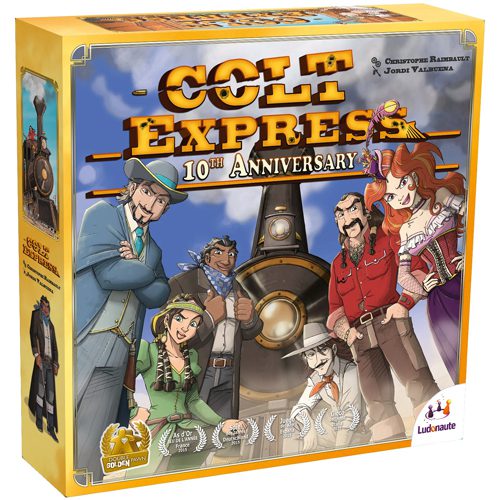
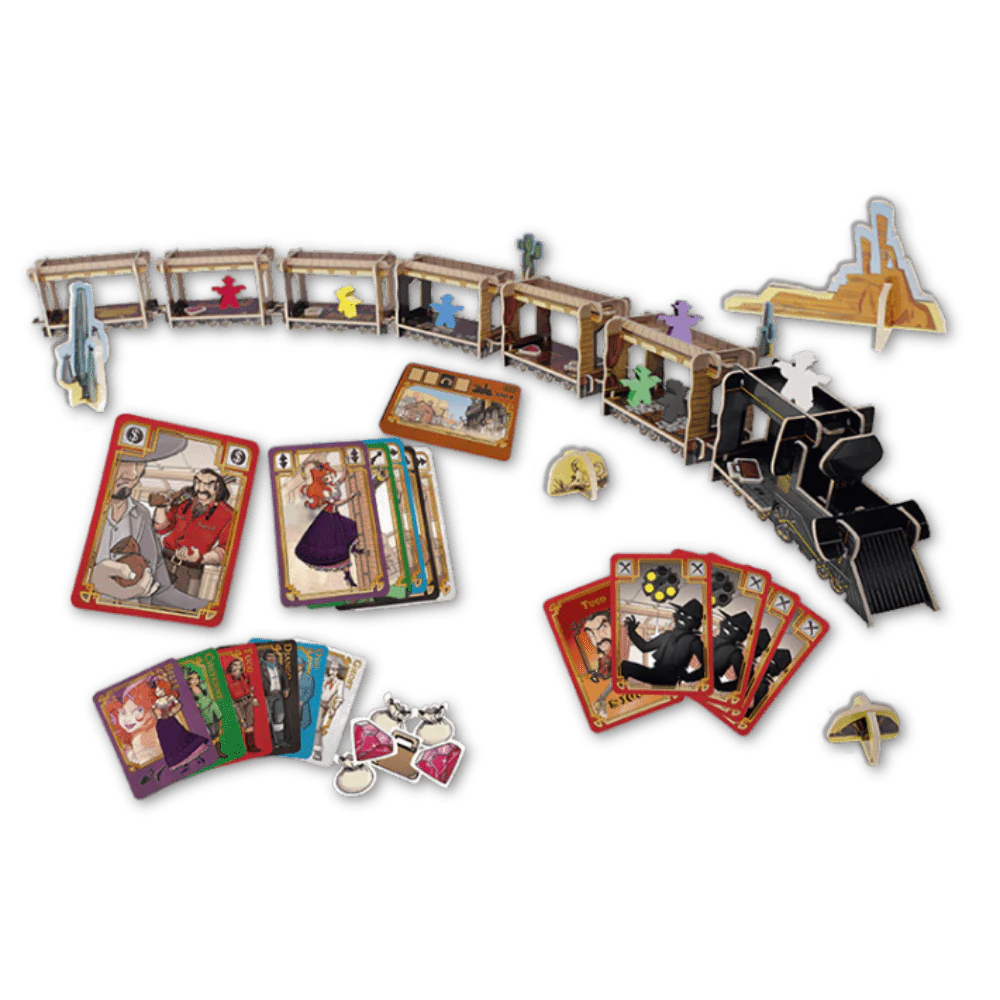
Colt Express
Ein Wilder-Westen-Bankraub, angetrieben durch Programmierung und Chaos.
Tools
Zugwaggon- und Lokomotive-Pappmodule, Charakterfiguren, Aktionskarten, Beuteplättchen, Kugeln, Rundenkarten.
Skills Developed
Vorausplanen, sequenzielles Gedächtnis, räumliches Denken, leichte Arithmetik bei Beute und Kartenreihenfolge.
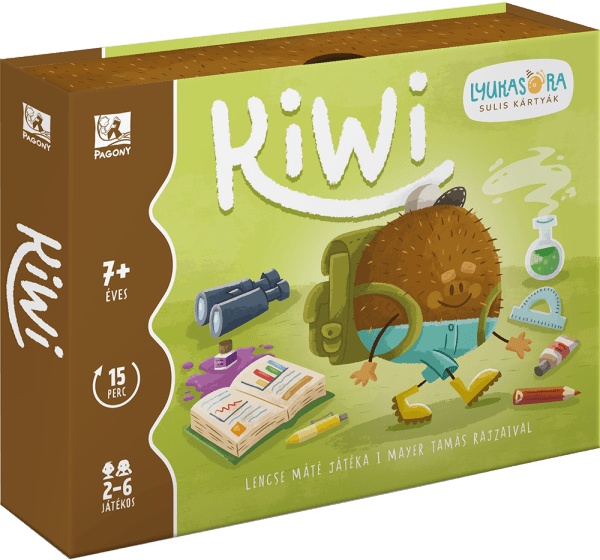
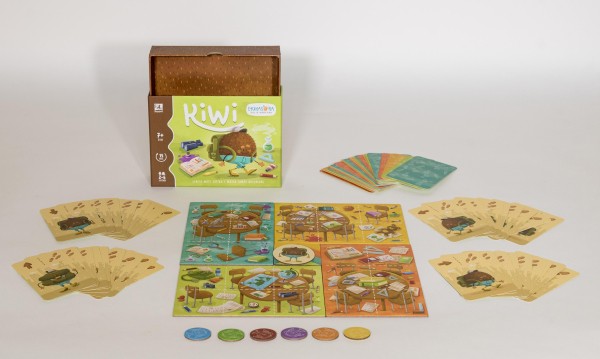
Kiwi
Ein Kiwi rollt am Boden – wer weiß, wo er stehen bleibt?
Tools
Vierteiliges zusammensteckbares Spielbrett, Bewegungskarten, Tipkarten, Spielermarker, niedlicher Kiwi
Skills Developed
Arbeitsgedächtnis, räumliche Orientierung, Richtungen lernen, Programmierdenken
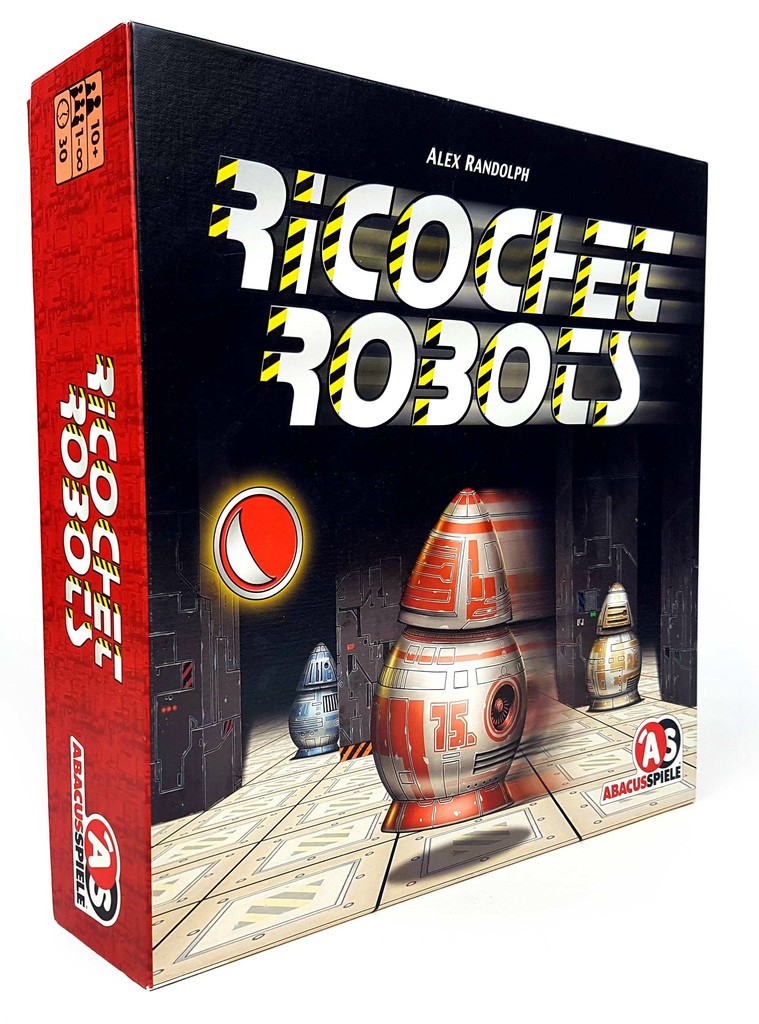
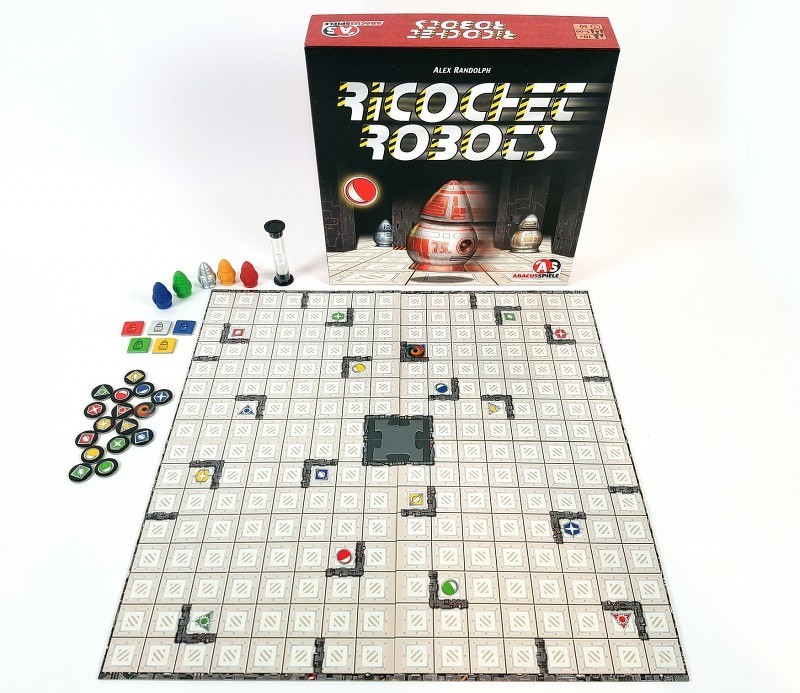
Ricochet Robots
Räumliches Programmier-Puzzle
Tools
Spielbrett, Roboterfiguren, Wände
Skills Developed
Räumliches Bewusstsein, logisches Denken, Koordination und Planung, mathematisches Denken, Arbeitsgedächtnis, Programmierdenken
One of the foundations of mathematical motivation is enjoying numbers—being eager to add them up, play with them, and look for patterns. While adding numbers within ten or twenty may not be particularly challenging after a while, doing it quickly and accurately certainly is. By playing these kinds of games often, math can become familiar, even friendly, and the basic operations can start working on a skill-based, automatic level.
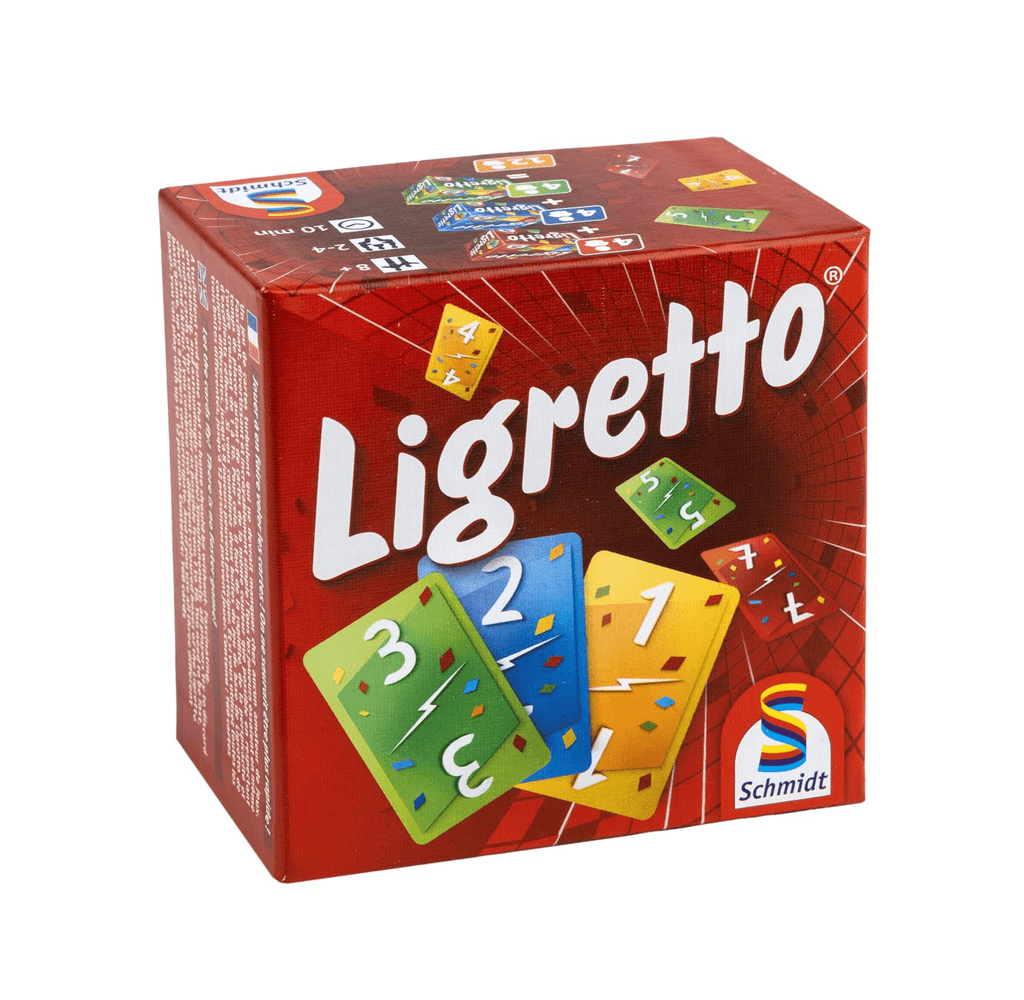
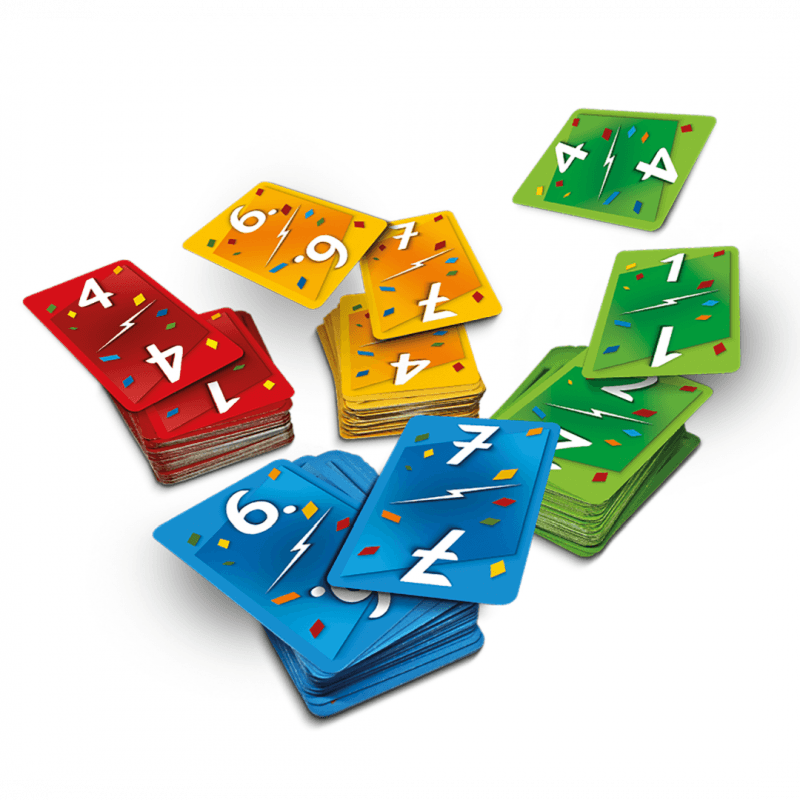
Ligretto
Ein blitzschnelles Kartenspiel, bei dem Zahlen fliegen und Reflexe regieren.
Tools
Farbcodierte nummerierte Karten für 4 Spieler (mehr mit mehreren Boxen).
Skills Developed
Schnelle Zahlenreihenfolge, Hand-Auge-Koordination, visuelles Gedächtnis.
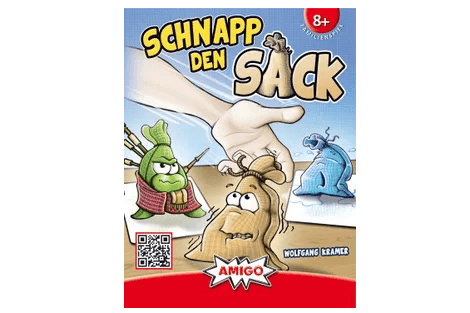
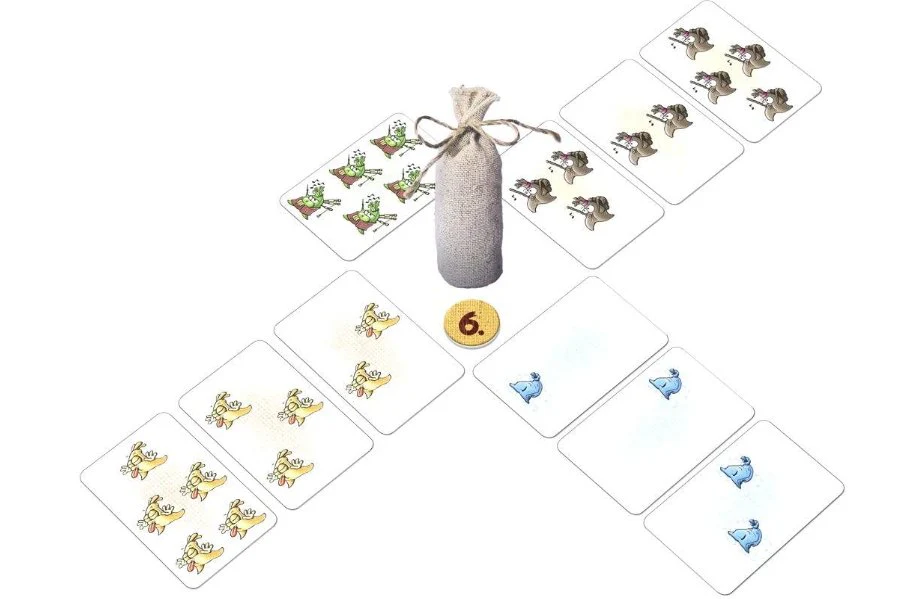
Schnapp den Sack
Schnelles Zähl- und Greifspiel
Tools
Karten, Sack
Skills Developed
Addition, strategisches Denken, Zahlensortierung und -vergleich, Zählen und Vergleichen
No spam, ever. Unsubscribe anytime.
Spread the Fun of Learning!
Love our content? Show your support by sharing our page with your friends and help us inspire more families and educators with the joy of learning through play! Your shares truly make a difference. Thank you for being a wonderful part of our community!

And of course, we shouldn't forget the actual curriculum content either—like multiplication. This is where the difficulty has appeared, so it's clearly worth spending plenty of time on it. And it's not just about practice—understanding is just as important. In fact, it's the latter that helps the knowledge truly stick.
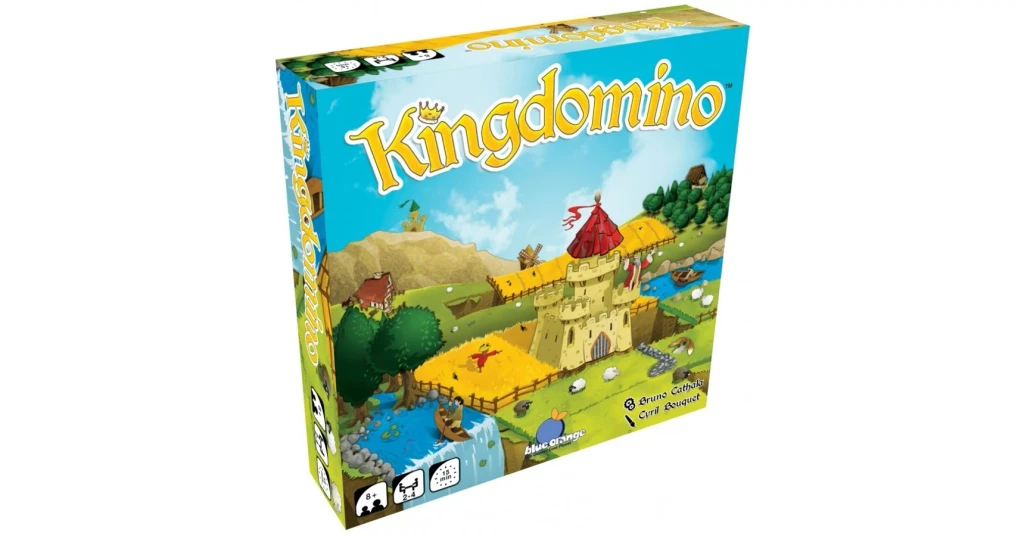
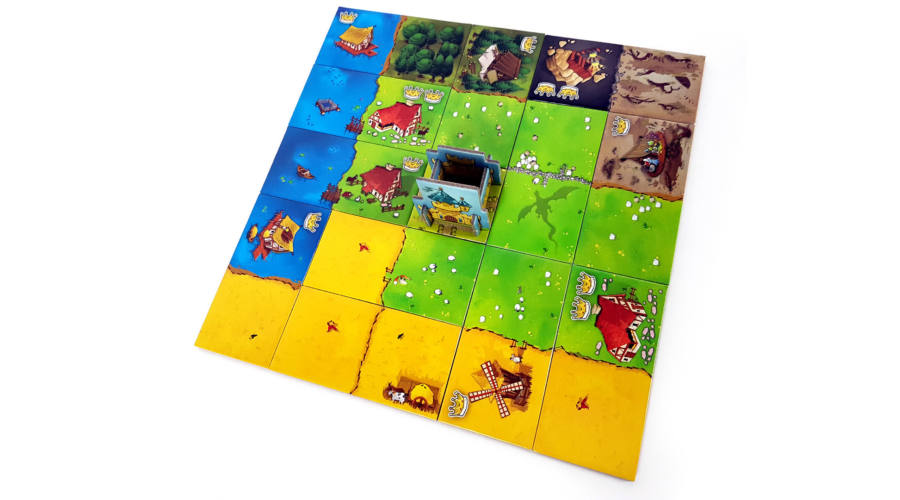
Kingdomino
Baue dein perfektes Königreich, indem du Plättchen zuordnest und Kronen multiplizierst.
Tools
Domino-Landschaftsplättchen, Königreichstableaus, Schlösser, Spielermarker.
Skills Developed
Multiplikation bei der Wertung (Fläche × Kronen), räumliches Bewusstsein, Plättchenzuordnung, grundlegende Arithmetik.
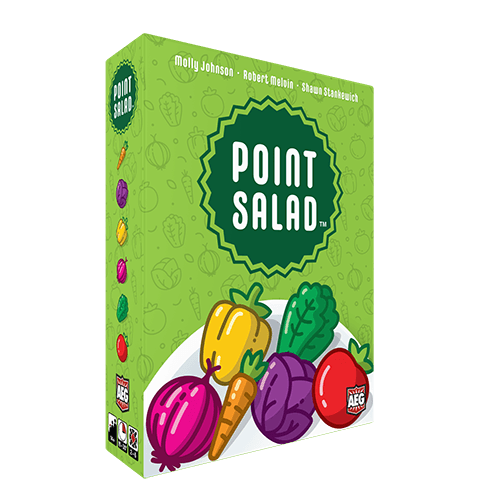
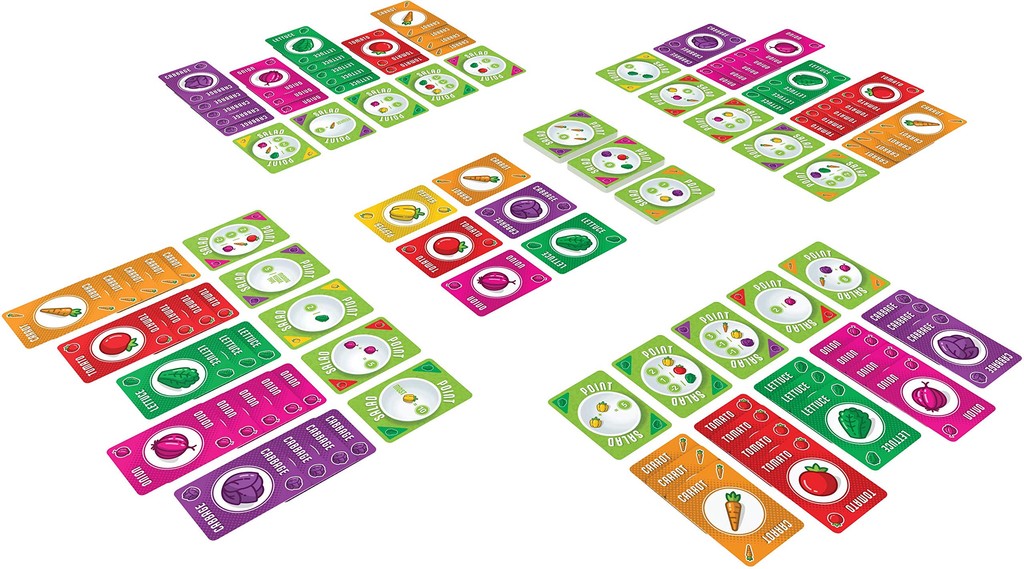
Point Salad
Ein schnelles Mathe-Puzzle, bei dem Gemüse und Strategie aufeinandertreffen.
Tools
Kartendeck mit doppelseitigen Gemüse- und Wertungsregel-Karten.
Skills Developed
Addition, Vergleich, Planung, Anpassung an sich ändernde Punktebedingungen.
Of course, it's not just math where difficulties can arise—we can also work on reading skills through board games. Below are a few of our articles on the topic.
Reading Development
We'd love to hear your new ideas, and thoughts on our above list. Join the conversation!
Related Reading
No spam, ever. Unsubscribe anytime.
Spread the Fun of Learning!
Love our content? Show your support by sharing our page with your friends and help us inspire more families and educators with the joy of learning through play! Your shares truly make a difference. Thank you for being a wonderful part of our community!

